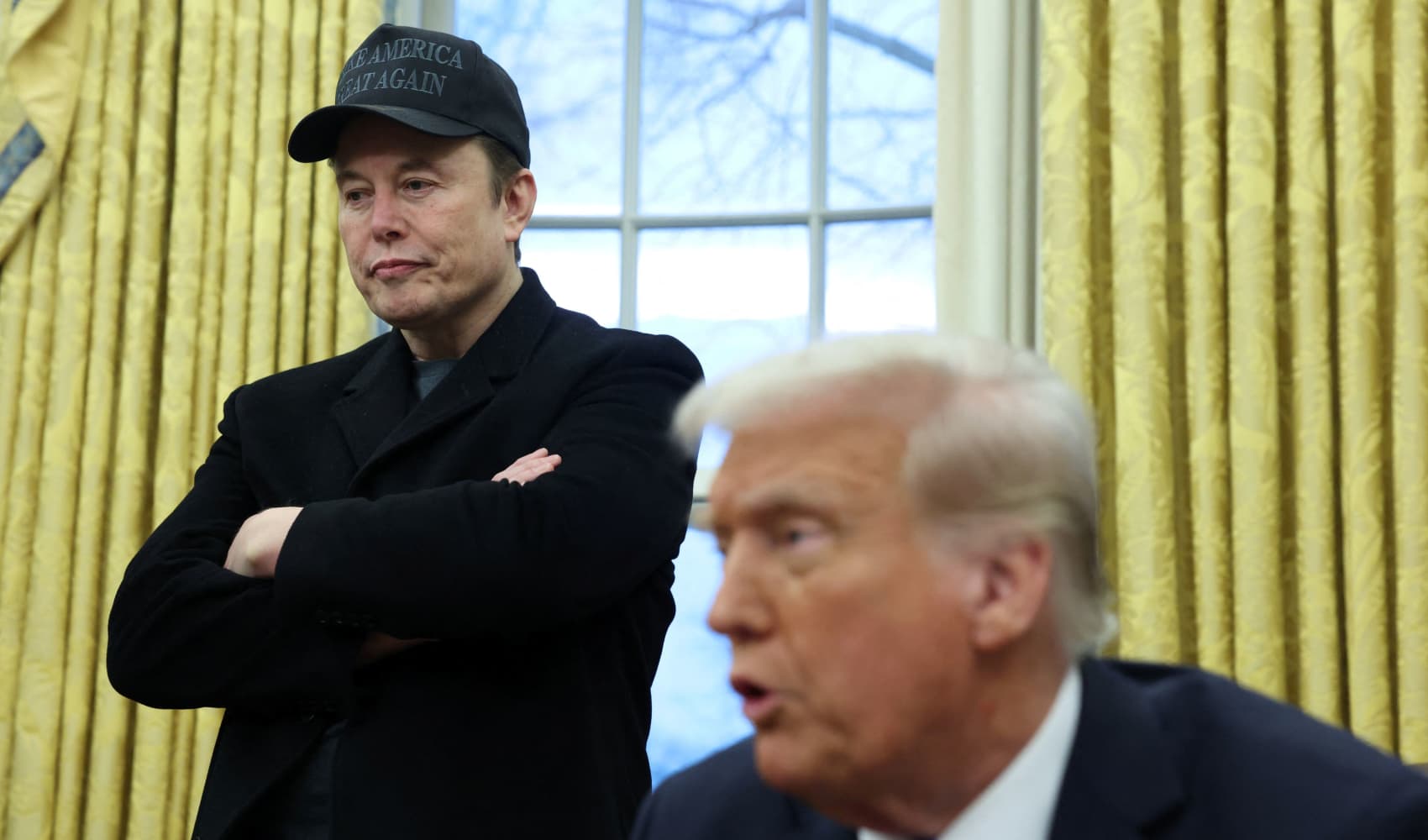
A customer shops at a supermarket in Tokyo on Feb. 27, 2024.
- The 3% reading in December is the highest inflation rate since August 2023, and boosts the case for a rate hike from the Bank of Japan.
- The headline inflation rate in Japan came in at 3.6%, accelerating sharply from the 2.9% in November and hitting its highest level since January 2023.
Japan's core inflation rate rose to a 16-month high at 3% in December, year on year, boosting the case for a rate hike from the Bank of Japan.
This was in line with inflation expectations from economists polled by Reuters, and higher than the 2.7% growth in prices recorded in November.
The December reading means that core inflation in the country has matched or ran above the Bank of Japan's 2% target for 33 months in a row. The core inflation reading strips out only prices of fresh food, but includes energy.
The headline inflation rate in Japan came in at 3.6%, accelerating sharply from the 2.9% in November and hitting its highest level since January 2023.
Get top local stories in Philly delivered to you every morning. Sign up for NBC Philadelphia's News Headlines newsletter.
The reading comes amid the Bank of Japan's policy meeting, which is set to conclude today. A strong inflation reading offers the BOJ more room to raise rates.
The so called "core-core" inflation rate, which strips out prices of both fresh food and energy and is tracked by the BOJ, held steady at 2.4%.
Immediately after the data release, the yen marginally weakened to trade at 156.1 against the dollar.
Economists polled by Reuters expect the BOJ to raise its key policy rate by 25 basis points after its meeting today, bringing it to 0.5% — the highest level since 2008.
Money Report
Public comments by Governor Kazuo Ueda and as well as other senior BOJ officials have indicated the BOJ's willingness to hike rates.
Ueda said on Jan. 16 that the central bank would raise rates if "improvements in the economy and prices continue," according to a report by Reuters.






